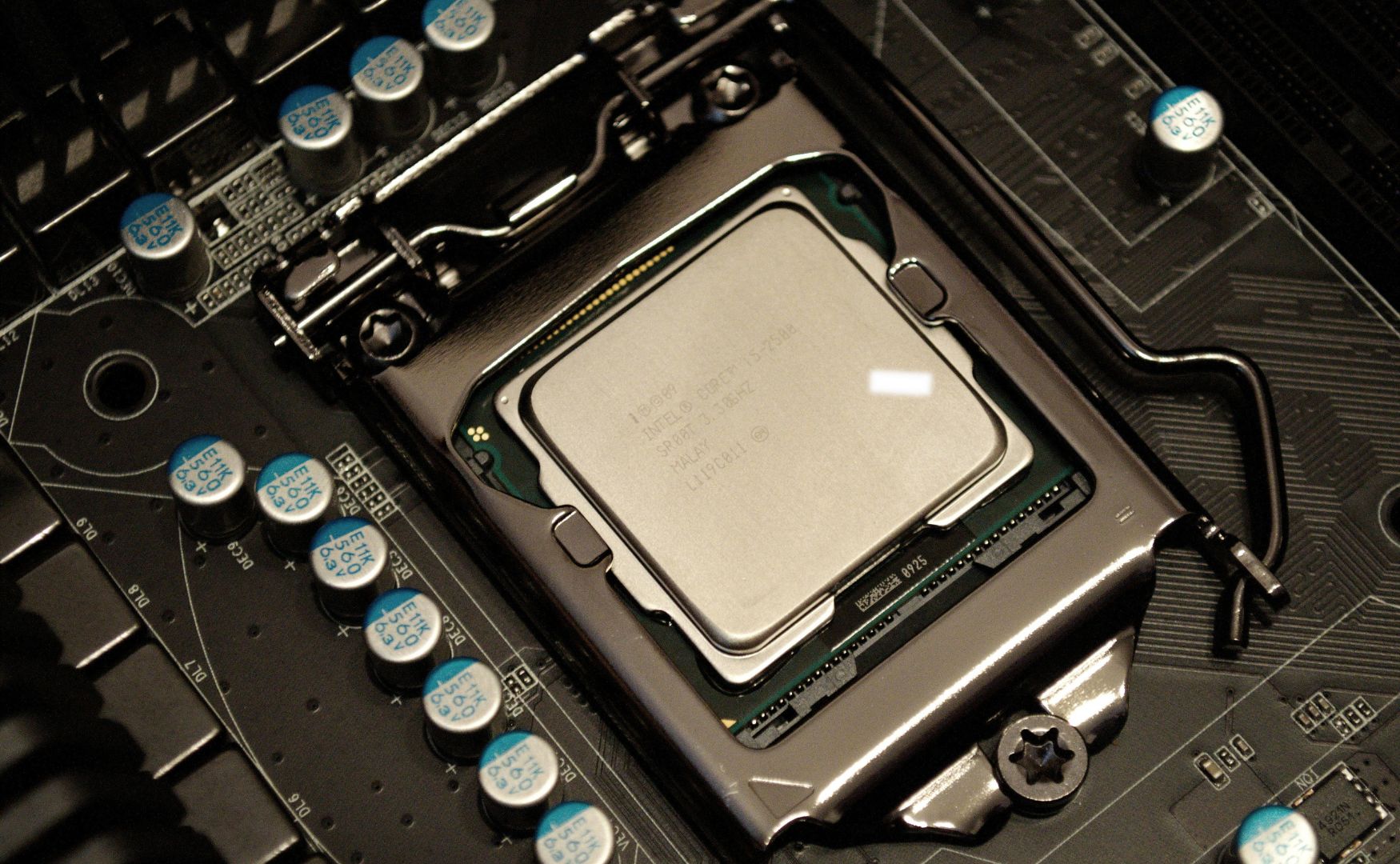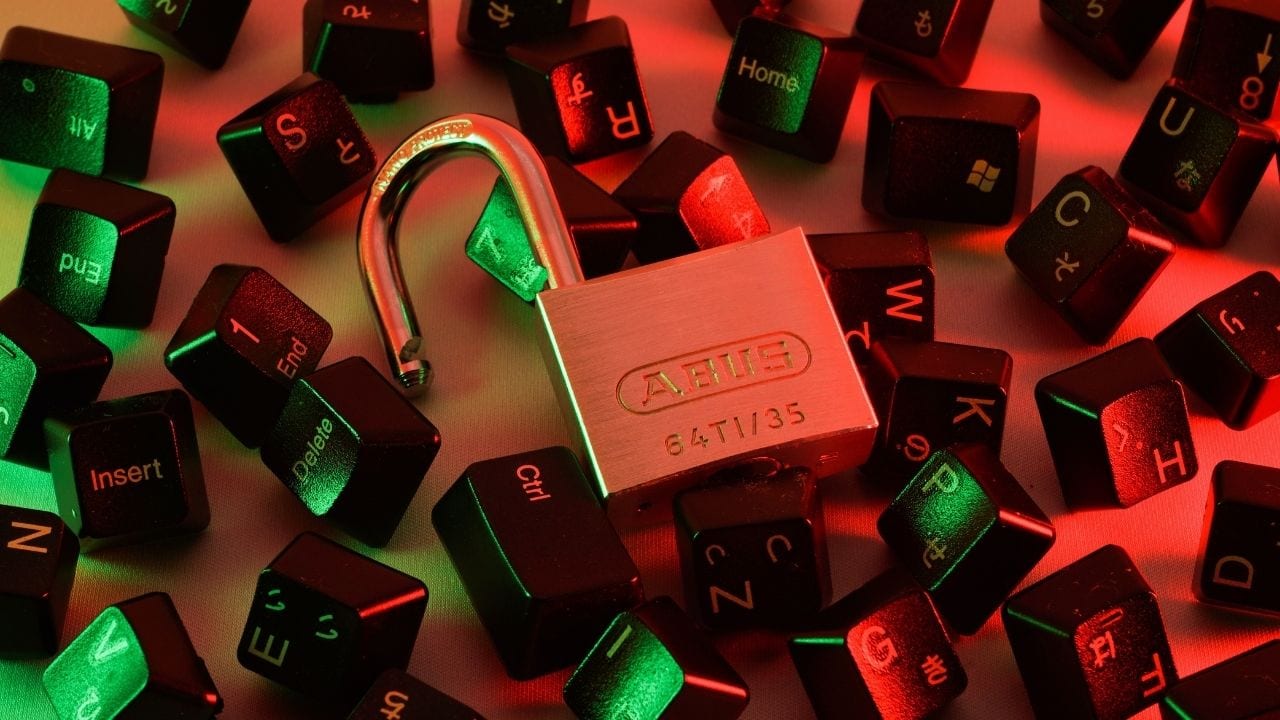As our digital ecosystem evolves, the threats targeting our critical systems and infrastructure grow more sophisticated. While the importance of using the right cybersecurity software often captures the spotlight, the foundational importance of hardware in cybersecurity is often forgotten. It plays a crucial role in safeguarding our digital assets and provides advanced security features. The wrong hardware will leave digital infrastructure vulnerable and provide easy targets for hackers.
The role of hardware in cybersecurity
There is a reason why Microsoft has a set of hardware requirements for the installation of Windows 11, it’s essential to provide a secure system. Hardware is the bedrock upon which all digital security measures stand. From computers to smartphones, every digital device begins with physical components that operate the software. A secure hardware foundation ensures enhanced resilience for subsequent cybersecurity measures.
Common with hardware vulnerabilities
Despite its critical role, hardware is not impervious to vulnerabilities, which attackers can exploit. Notably, flaws such as Spectre and Meltdown have underscored the potential for hardware-based attacks to circumvent software security measures. By exploiting a vulnerability in their chips, they threatened millions of devices enabling unauthorized data access.
Hardware security features
The industry has innovated with security-centric hardware features. Trusted Platform Modules (TPMs) are one example. A TPM is a specialized chip on a computer’s motherboard that helps secure hardware by integrating cryptographic keys directly into the devices.
Secure Enclaves is another security feature found in modern processors. They provide a highly secure area within the processor itself where sensitive data can be stored and processed safely, away from potential attacks. These features are instrumental in protecting sensitive data from external threats.
Emergence of cyberwarfare
Not every conflict takes place on a battlefield and hackers are often state-employed. In the modern world, it’s common to target digital infrastructure with cyberattacks which is referred to as cyberwarfare. The goal is to disrupt the computer systems of another nation and disrupt or damage their systems.
One example of this is the Stuxnet virus which is believed to have caused substantial damage to the nuclear program of Iran. Once it had infected the system it scanned specifically for Siemens control systems. It exemplifies how national security can be compromised, highlighting the critical role of secure hardware in cybersecurity in defending against such threats.
Importance of secure hardware in the defense sector
Nowhere is secure hardware more important than in the defense sector. Vulnerabilities can lead to breaches that compromise military operations, intelligence communications, and the security of sensitive data. This is why secure hardware should be a priority for defense departments and contractors worldwide.
Secure hardware facilitates tamper-proof, confidential communication for military and intelligence operations, utilizing encryption and secure boot processes among other measures to protect sensitive information.
Hardware and Software: Partners in Cybersecurity
When you’re supplying the defense sector you have to make sure your own suppliers live up to the standards as well. There is no point in providing secure software if it’s not installed upon secure hardware. The collaboration between hardware manufacturers and software developers is crucial for cybersecurity.
This is well illustrated by the recent partnership between MilDef and Clavister, two Swedish companies that act in the defense sector. Here is what the two CEOs had to say about the collaboration:
“The collaboration is an excellent example of joint Nordic development work of hardware and software. The mix of our uniquely robust hardware and Clavister’s leading software creates the best possible conditions for the next level of cyber security. We are proud to jointly contribute to the modernization of European defense.”
Daniel Ljunggren, CEO MilDef
“Clavister and MilDef build on a long and strong relationship where cyber software meets ruggedized hardware. In times of increased digitization of the defense forces there is a clear need for substantially increased cyber security. For us MilDef is the perfect partner in the armour of the future defense capabilities.”
John Vestberg, CEO Clavister
The product solution is part of the Cyber Armour system, a powerful military-graded security system. Such partnerships are essential in modernizing and securing defense infrastructure against escalating cyber threats.





